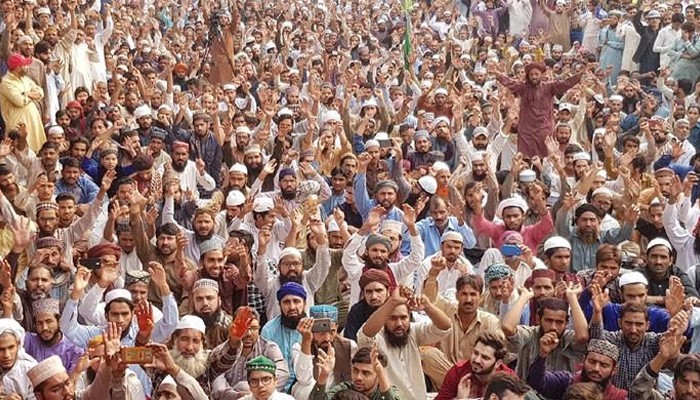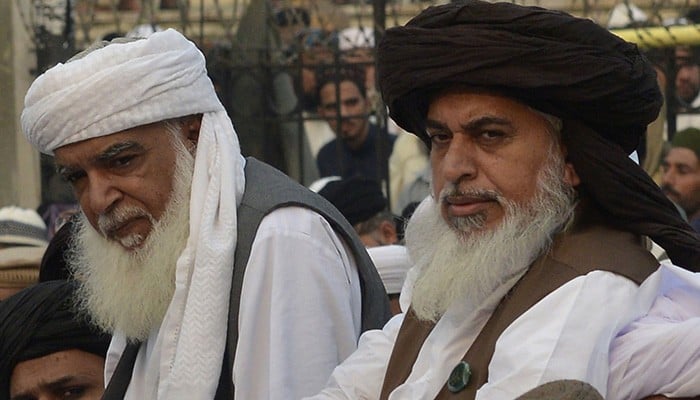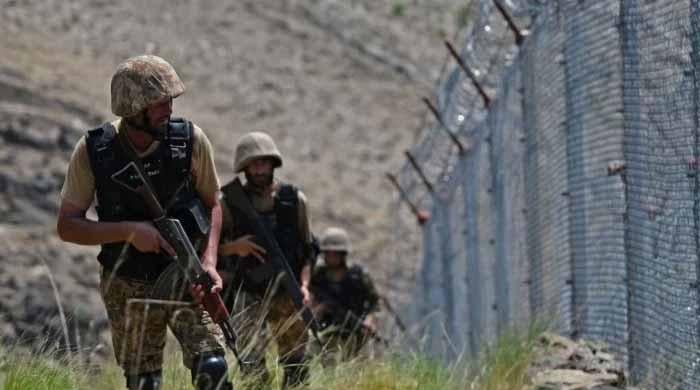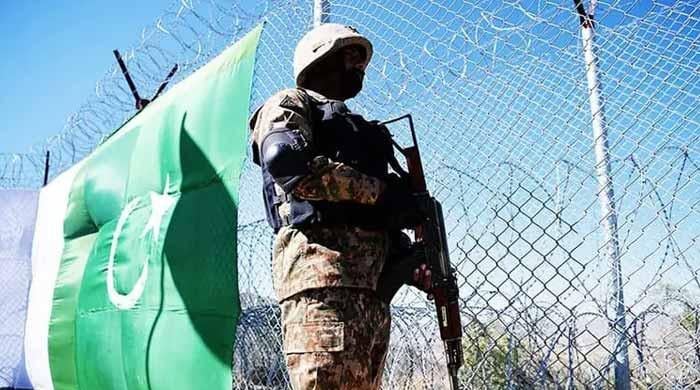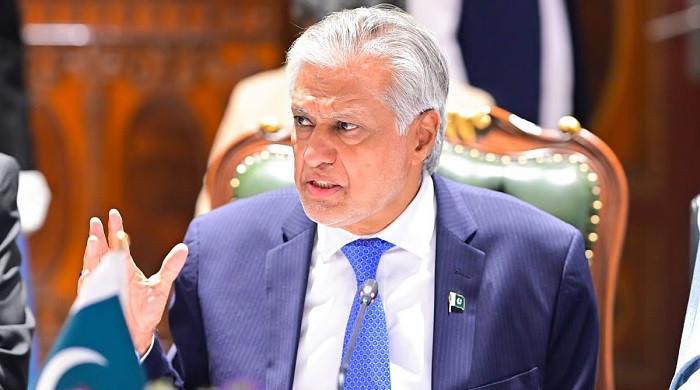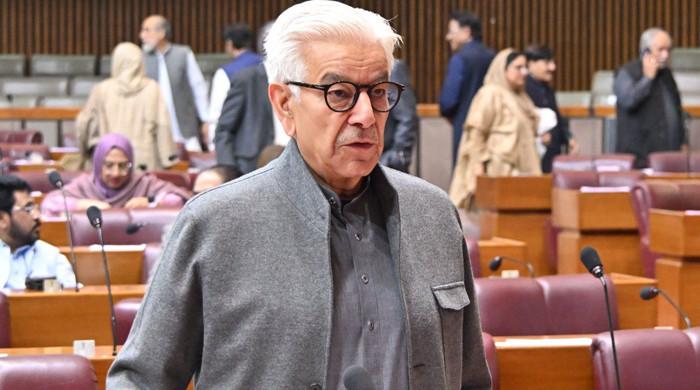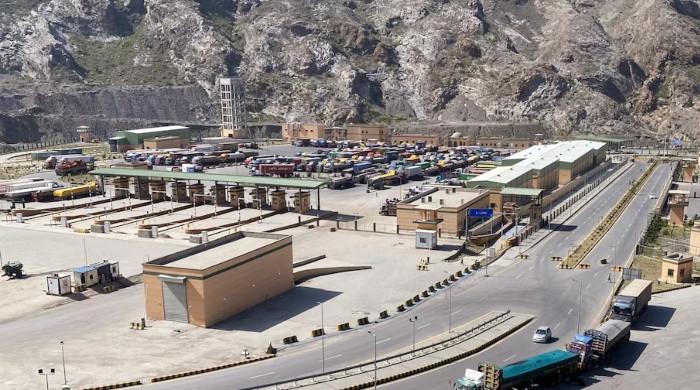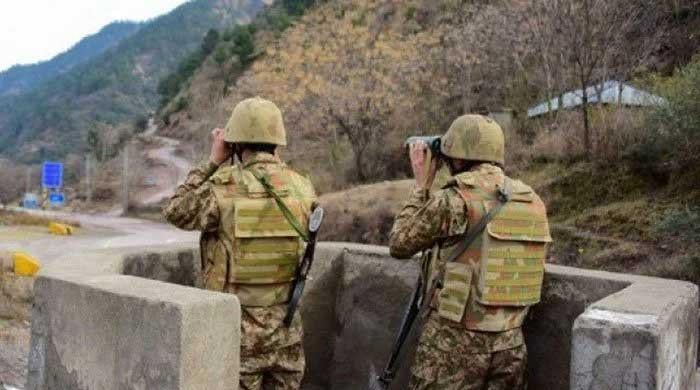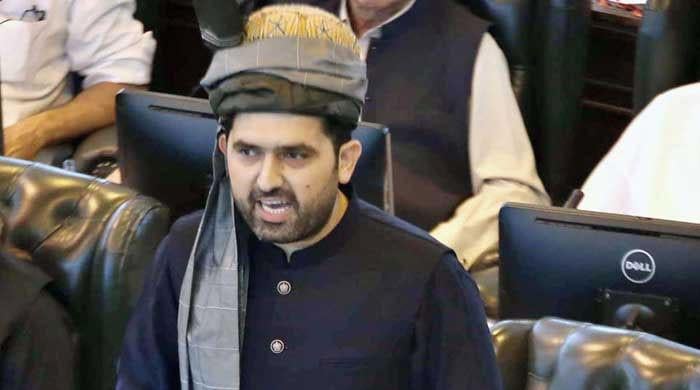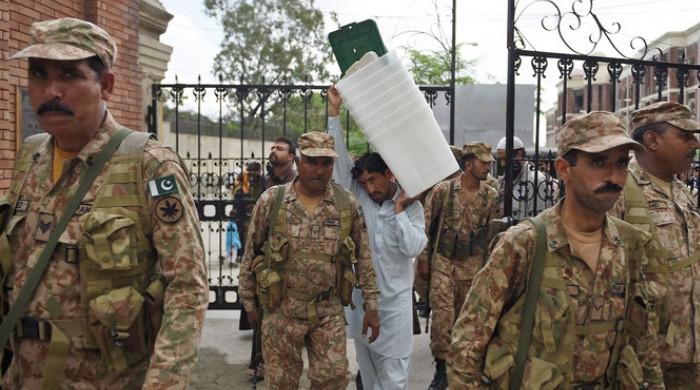Govt agreement to end protests 'firefighting, not cure', says info minister
Fawad Chaudhry says government needs to take steps against violent protesters and "to come up with a permanent solution"
November 03, 2018
ISLAMABAD: Federal Information Minister Fawad Chaudhry has said that the Pakistan government's recent agreement with the Tehreek-e-Labbaik Pakistan (TLP) to end days-long countrywide protests was "firefighting, not a cure".
Protests had erupted in several cities after the Supreme Court on Wednesday acquitted Asia Bibi, a Christian woman on death row since 2010 when she was convicted on blasphemy charges. The protests paralysed routine life in major cities, causing severe road blockages in major cities and resulting in severe mobility issues for citizens.
But, despite Prime Minister Imran Khan's stern warning to agitators against challenging the state earlier in the week, the Pakistan Tehreek-i-Insaf (PTI) government reached a five-point agreement with Tehreek-e-Labbaik Pakistan (TLP) late Friday night to end the protests.
In an interview with the British Broadcasting Corporation (BBC) on Saturday, Chaudhry said that using force against protesters was not the preferred method for the government to deal with the demonstrations.
"We had two options: either to use force, and when you use force people can be killed. That is not something a state should do... We tried negotiations and (in) negotiations you take something and you leave something," he said.
But Chaudhry defended his government against allegations it was bowing down to extremists. He said his government was committed to coming up with a permanent solution to tackle violent protests in the country.
"We need to take steps against extremism, we need to take steps against such kind of violent protesters and we need to come up with a permanent solution. Right now this is not a cure. This is firefighting, what we are doing. The cure is the real thing and our government is committed to the cure."
He said that the courts would decide whether or not to put Asia Bibi on the Exit Control List (ECL). He said the PTI government would "take all steps necessary" to ensure her safety in Pakistan.
